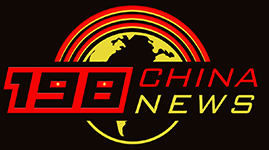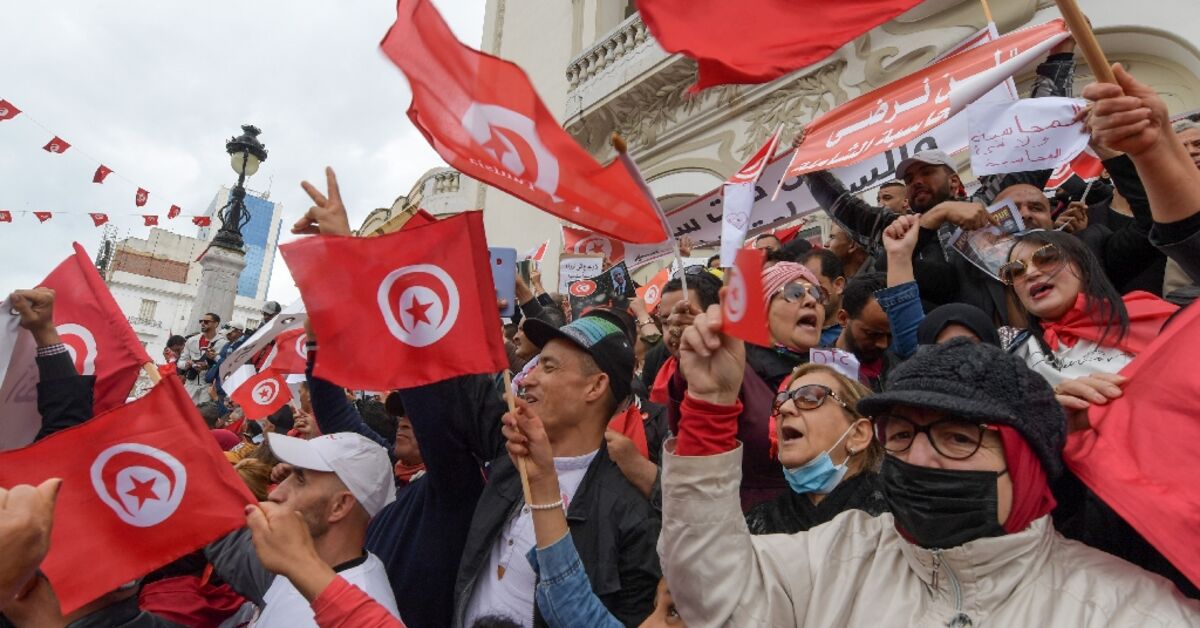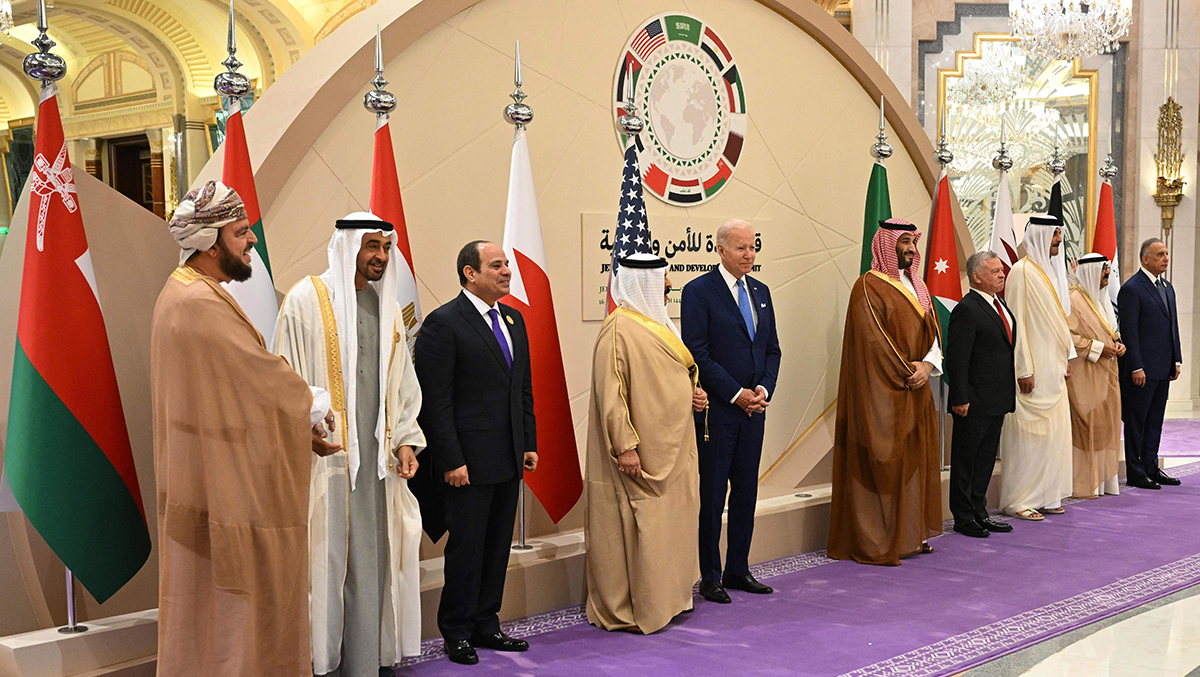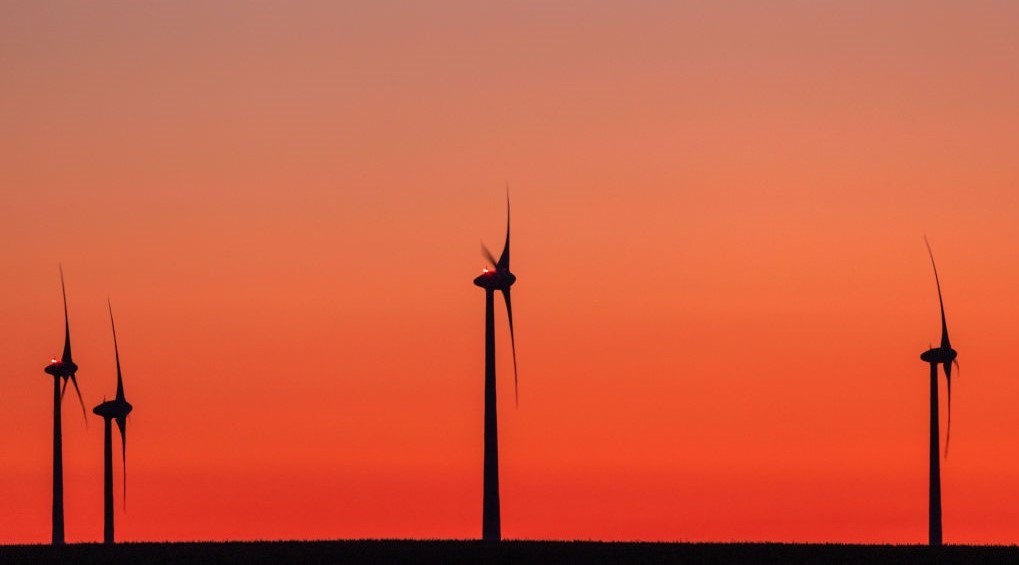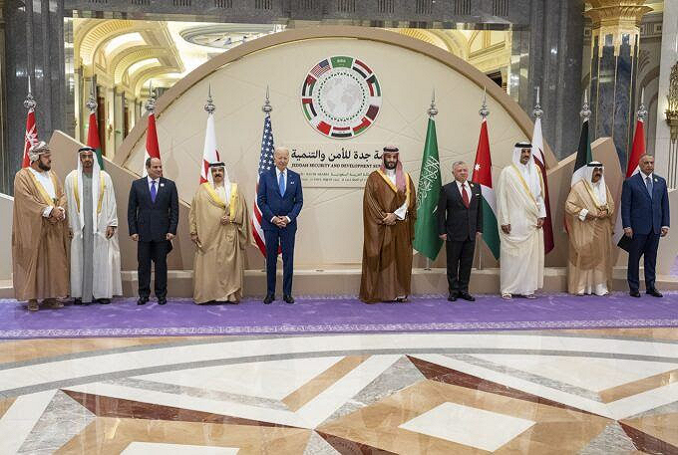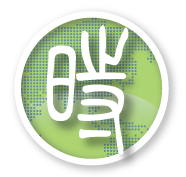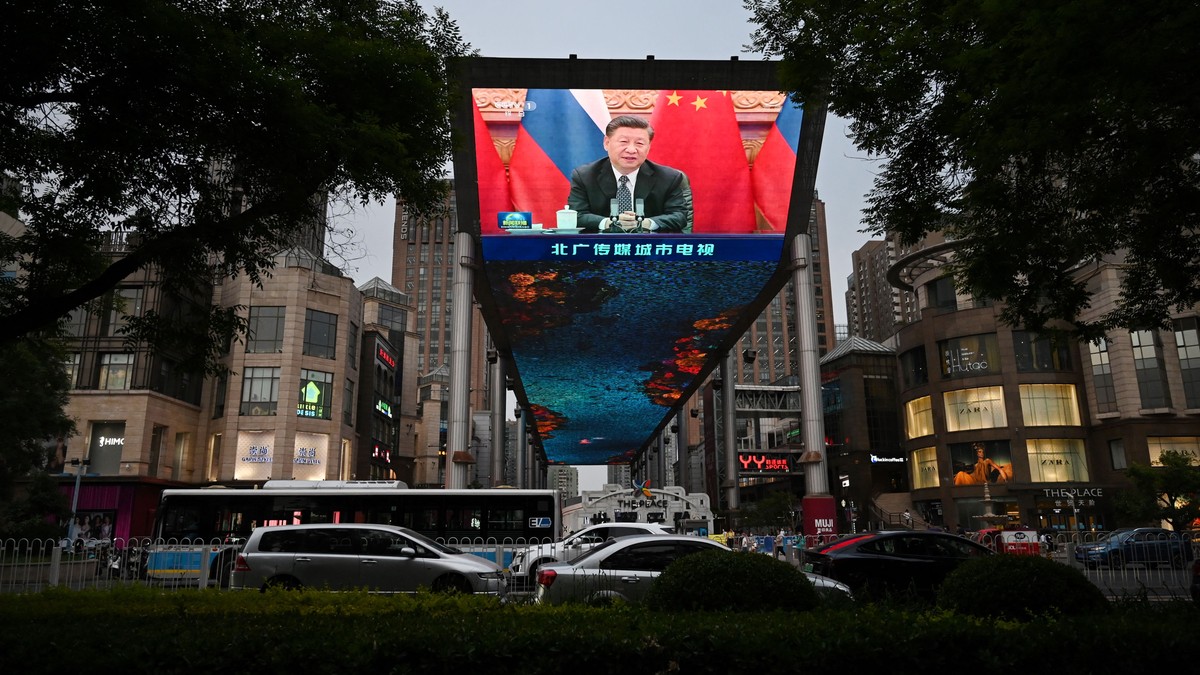[ad_1]
Tunisians will vote Monday on a structure that might give President Kais Saied virtually unchecked powers, a key second in his plan to overtake the political system within the birthplace of the Arab Spring.
The referendum takes place a 12 months to the day after Saied sacked the federal government and suspended parliament in a decisive blow towards the nation’s usually chaotic younger democracy.
His opponents have known as for a boycott, however whereas observers have predicted most Tunisians will snub the ballot, few doubt the constitution will cross.
“The most important unknown on this referendum is the turnout and whether or not it will likely be low or very low,” stated analyst Youssef Cherif.
Those that vote sure “will accomplish that both as a result of they just like the president or as a result of they hate those that have ruled Tunisia” because the 2011 rebellion that toppled autocrat Zine El Abidine Ben Ali, he added.
The textual content goals to exchange the combined presidential-parliamentary system enshrined in a 2014 structure, which noticed Tunisia praised as the only real democracy to emerge from the 2011 Arab uprisings.
The chief of Saied’s “new republic” would have final govt energy and would appoint a authorities with out the necessity for a confidence vote in parliament.
The president would additionally head the armed forces and appoint judges, who could be banned from hanging.
Saied’s rivals, together with the Islamist-inspired Ennahdha get together that has dominated Tunisian politics since 2011, accuse him of dragging the nation again to autocracy.
The method main as much as the referendum has additionally been extensively criticised.
“Folks do not know what they’re voting on, or why,” Cherif stated.
– ‘The online is tightening’ –
Political analyst Hamadi Redissi stated that, in contrast to in 2014, there was little debate involving all stakeholders over the textual content that was “unexpectedly written in just some weeks”.
Saied, who since final 12 months has dominated by decree and seized management of the judiciary and the electoral board, held an internet public session ostensibly meant to information a committee — appointed by himself — in drafting a brand new structure.
However Sadeq Belaid, the authorized skilled who led that course of has disavowed Saied’s draft, saying it was “utterly totally different” from what his committee had submitted and warning it might set up “a dictatorial regime”.
Saied launched a barely amended doc little greater than two weeks earlier than the vote, however even underneath the brand new draft, the president could be just about unimaginable to drive out of workplace.
Tunisia “is shifting in the direction of dictatorship, within the Latin sense of the time period, the place the president dictates every little thing”, Redissi stated.
The nation wouldn’t grow to be like China or Egypt however might find yourself resembling Turkey or Russia, he added.
Isabelle Werenfels, researcher at German assume tank SWP, warned Tunisia was “shifting in the direction of a closed system”.
“If you happen to have a look at the continued dismantling of establishments for monitoring freedom, democracy, and new guidelines, it seems to be like the web is tightening,” she stated.
– Financial woes –
Campaigning by these registered to publicly categorical a place on the structure has been lukewarm.
Simply seven organisations or persons are registered for the “no” marketing campaign, in contrast with 144 for “sure”.
Billboards bearing the Tunisian flag — banned underneath the federal government’s personal guidelines — have appeared in Tunis carrying a sentence from an open letter revealed by Saied, urging a “sure” vote “so the state does not falter and so the objectives of the revolution are achieved”.
Whereas latest elections have seen low participation, Saied himself, a former authorized scholar seen as incorruptible and faraway from the extensively mistrusted political elite, was elected in a 2019 landslide on 58 % turnout.
Right now, Tunisians are coping with grinding financial woes aggravated by the coronavirus pandemic and the conflict in Ukraine, and “only a few persons are fascinated by politics”, Cherif stated.
Saied will urgently want to search out options for an financial system dogged by excessive inflation, youth unemployment as excessive as 40 % and a 3rd of the inhabitants dealing with poverty.
The closely indebted nation is in negotiations with the Worldwide Financial Fund for a bailout bundle, however consultants have warned that the liberalising reforms the lender is prone to demand in trade might spark social unrest.
In the meantime, fears are rising for Tunisia’s extensively praised, if defective, democracy.
Freedom Home and The Economist had already reclassified Tunisia from “free” to “partially free”, Cherif famous.
“The truth that folks can categorical themselves freely or go and vote ‘no’ with out going to jail exhibits that we’re not in a conventional dictatorship,” he stated.
However, he added, “this structure might create an authoritarian regime resembling the regimes Tunisia skilled earlier than 2011.”
[ad_2]
Source link
